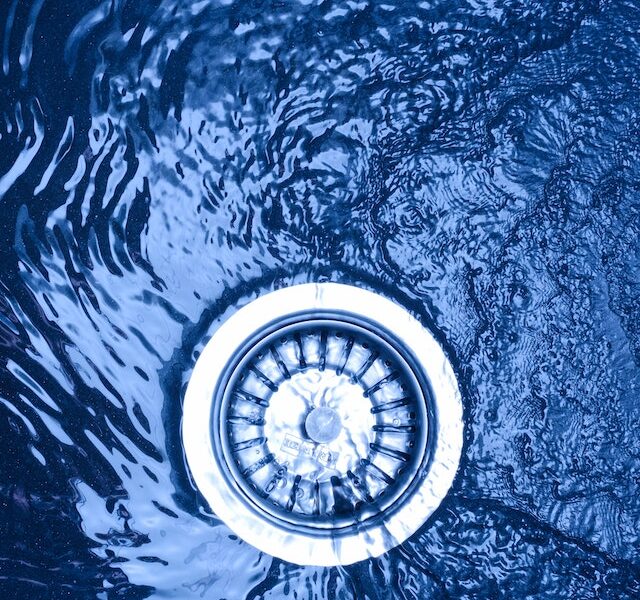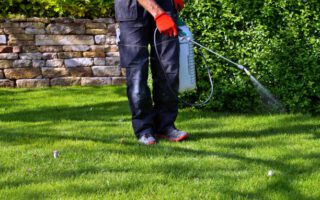Most homeowners will deal with a clogged drain at some point. Rather than busting out the hand snake or drain cleaner bottle, call an expert safely and quickly handle it. Professional drain cleaning services keep your family safe and help you avoid these hazards.
Contents
Clogged Drains
Clogged drains restrict water flow and can create a wide range of problems. They can create pools in your bathtub and shower, stop the work of kitchen sinks, or keep your toilet from flushing. A clogged drain can also allow sewage back into your home, creating foul-smelling and dangerous conditions. A clog can happen from various causes, including food particles that wash down the drain, hair in your bathroom sink or tub, and trash caught in your pipes, like cigarette butts, bits of paper, and gum. Clogs can also develop due to age, so it’s important to have your drains cleaned regularly. A drain cleaning Killeen TX can remove large clogs and prevent them from forming in the first place. This will help you avoid the headache and expense of a blocked drain and the potential health risks associated with a backup. Using preventive maintenance can also save you money in the long run.
Bad Odors
Whether caused by food caught in a kitchen drain or sewage from a toilet that has backed up, bad odors are an unpleasant problem. A professional drain cleaning removes the odor and the bacteria that causes it.
Hygiene factors are expectations that decrease motivation if they are not satisfied but don’t increase it if they are. These include pay grades, workplace policies and relationships with co-workers. Hygiene factors are necessary to keep employees happy for businesses to stay afloat, but they will not inspire them to brainstorm new ideas or take on more work. Declutter the area before a plumber comes to your home for a drain cleaning. This is important for both safety and efficiency. Clearing the area means there is less for the plumber to clean up and will also prevent your pets from being accidentally shocked or injured while the service is underway. You will also want to unplug any electrical items in your home so they don’t get shocked during the drain cleaning.
Bacteria and Mold
Moisture provides ideal conditions for the growth of mold. It’s important to eliminate water in the home to prevent the spread of mold. While some people use mold and mildew interchangeably, these are two distinct organisms. Molds are fungi, while mildew is a type of microscopic bacteria. Molds thrive in warm, damp and humid environments and can be found indoors and outdoors. The different types of mold spores can be white, black, yellow, green, or blue and have a velvety, fuzzy or rough texture. They can also appear as discoloration or staining on a surface. The one thing all mold species require is water. It is the easiest factor to control inside a house and the only one all molds share in common. The other requirements for mold growth include food, darkness, and oxygen. While some molds can produce mycotoxins, a dangerous substance that may cause health problems, all molds release ascospores into the air.
Chemical Drain Cleaners
Chemical drain cleaners come in liquid, gel and powder forms. They use harsh chemicals to break down hair, grease and food stuck in your pipes. These dangerous cleaners are very toxic to humans. Concentrated sulfuric acid can blind you and cause second-degree burns on your skin. It can also eat through most synthetic and natural fabrics. Lye-based caustic drain cleaners are even more hazardous, causing chemical burns and corroding your pipes. When using these cleaners, you must follow all the directions on the product label and ensure the room is well-ventilated. They often splash, so wearing gloves and eye protection is a must. They also give off toxic fumes that irritate your nose, throat and eyes and may make you cough or sneeze. These cleaners also harm the environment, seeping into soil and waterways. They can also degrade or destroy your pipes, especially older ones made of metal or galvanized steel.




